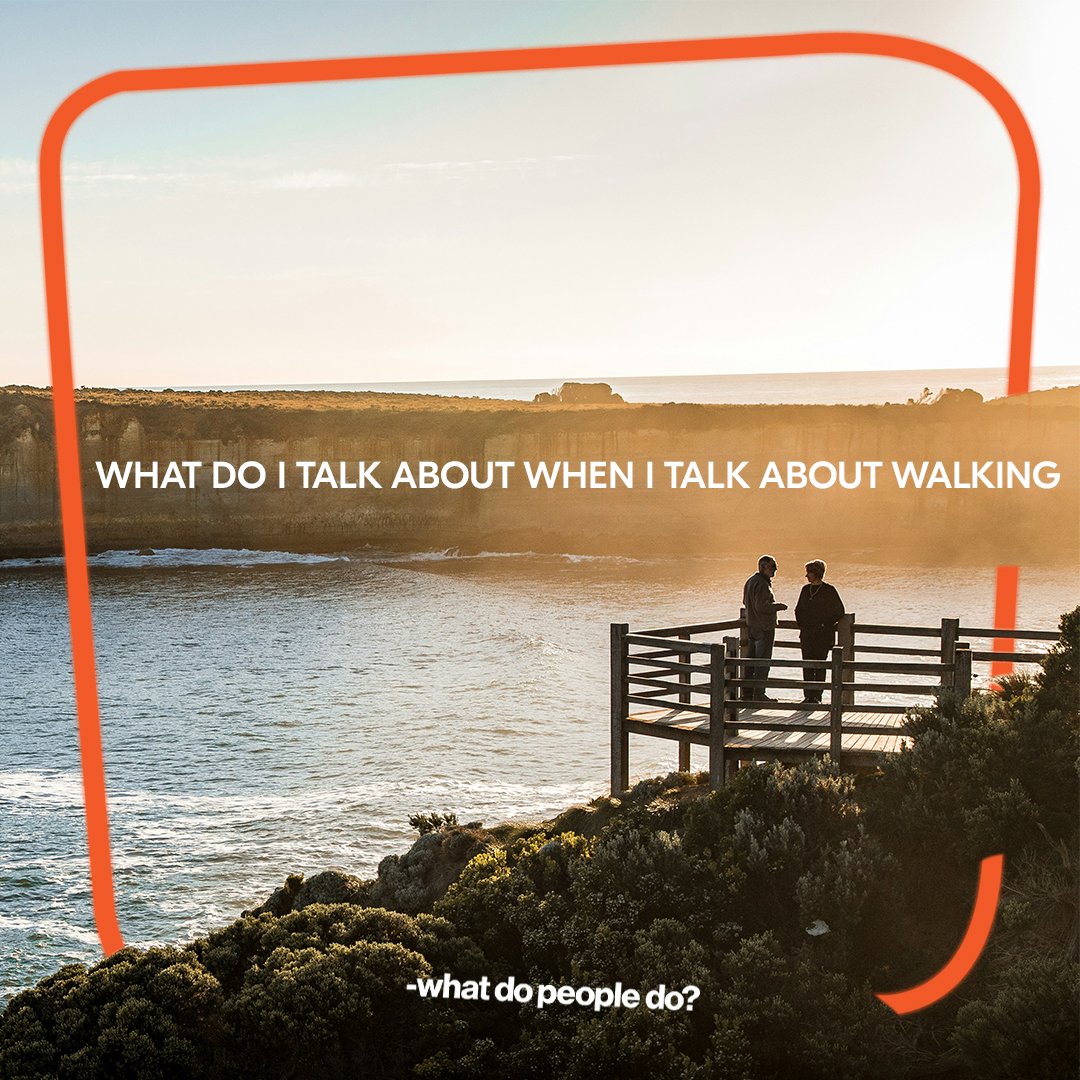
Written by Julija Druk
When one decides to embark on a journey to a more physically active way of life — from next Monday, at the beginning of a New Year, on our birthday — a specific type of exercise usually comes to mind. Be it running, swimming, yoga, or any other available choices. While all these are amazing ways to move your body, they also contain a certain need for preparation and commitment. Allocating time to trying new things certainly benefits our well-being, but we shouldn’t overlook the advantage a simple stroll might have.
A regular 30-minute walk every day can work wonders on our physical and mental well-being, including a creativity boost.
Walking is a light physical exercise that does not require strategic planning or high concentration. That, along with a stable rhythm of our steps, contributes to a free stream of thoughts, helping you to think outside the box. Being closer to a solution might alleviate some of the discomfort a particular question is causing. Even if you are experiencing other stress factors walking can help with those too.
While some people might think that they do not possess the skill of creativity, it can be developed over time, just as any other skill. Creativity enables us to approach problems with innovative solutions and enhances our ability to communicate while reducing stress. Beyond the cliché of a dog eating homework, most of us can remember a time when we came up with a creative answer to a challenge. A simple way to boost creativity and meet new challenges head-on is by incorporating more walking into your daily routine.
Taking a break from your desk to go for a walk not only offers a change of scenery but also provides mental "breathing room" and helps stimulate divergent thinking. Divergent thinking, which involves juggling and generating multiple ideas, is the process we frequently use when solving problems and coming up with creative solutions.
Social interactions and quality time with other people are known to help when fighting feelings of loneliness, isolation and sadness. We can all recall our not-so-distant past during the pandemic when most of us experienced these feelings first-hand. And while looking retrospectively, quarantine did not last all that long, at times it felt like we had been at it for a hundred years. By taking a walk with people close to us or joining a walking group, we get an opportunity to socialize in a casual and non-binding environment. Sharing our thoughts, discussing what is on our minds, and exchanging ideas all contribute to our sense of belonging.
Walking certainly has its contributions to our wellbeing, both physical, mental and social. It also allows us to set personal goals and enjoy a sense of achievement at the end of the day. Acts of service to yourself and small personal wins can take us a long way. So why not start by taking that first step?






